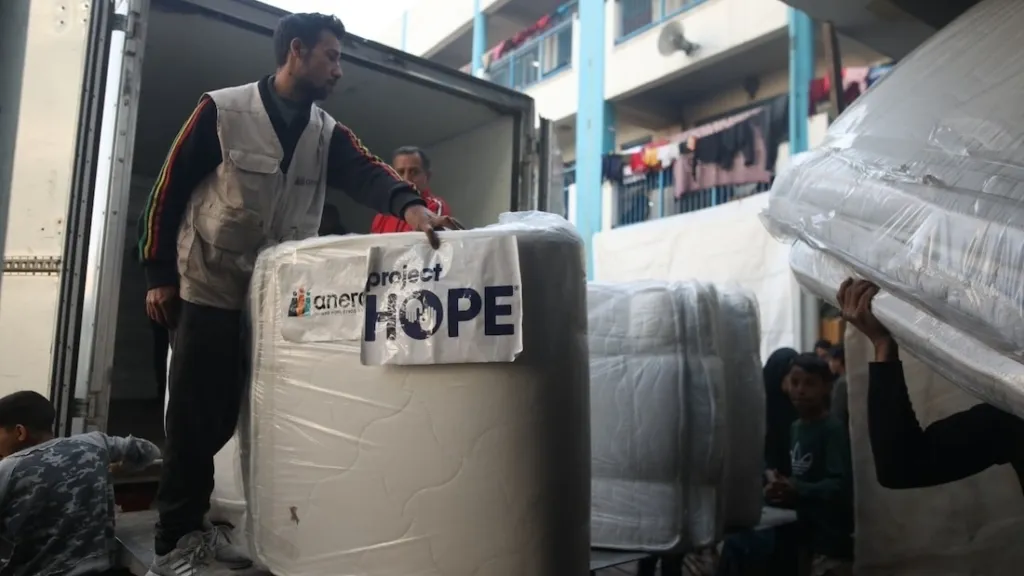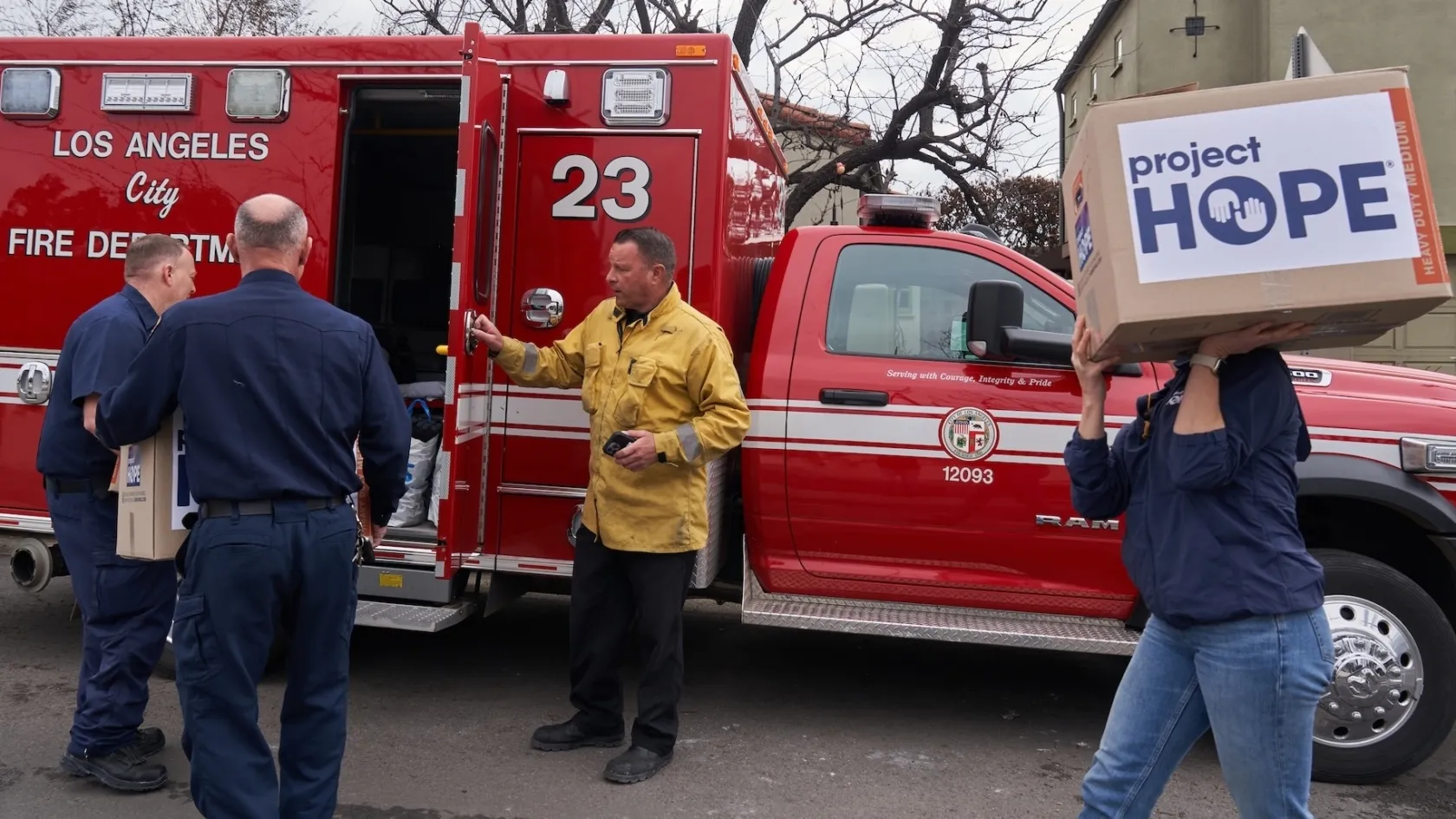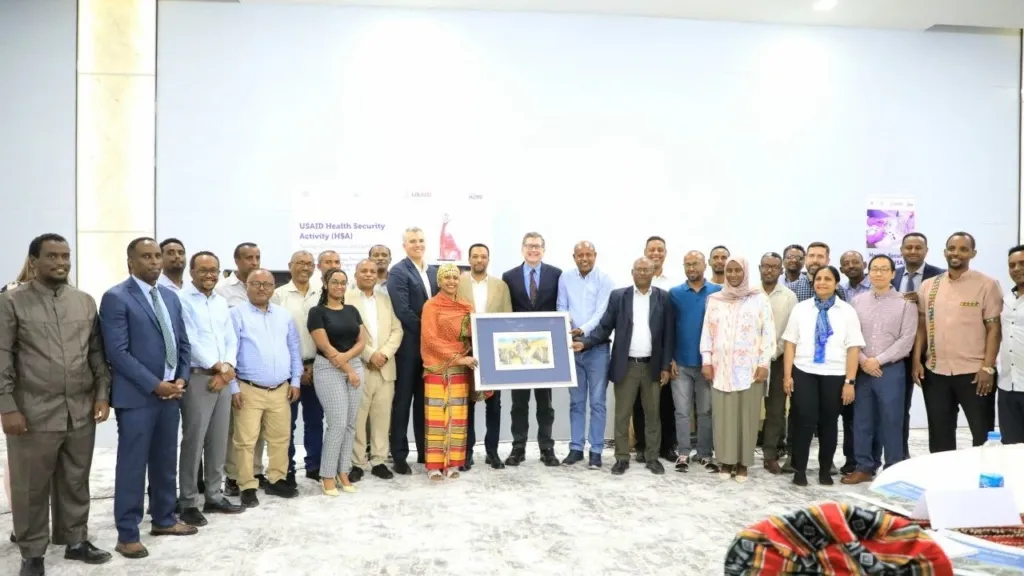Gaza: “Profoundly Alarming” Mental Health and Medical Needs

As escalating violence in Gaza continues for a fourth month, Gaza has descended into one of the world’s most severe humanitarian and health crises. Over 22,000 people have died, of which 70% have been women and children. Over 57,000 people have sustained injuries, and over half of the population in Gaza is starving while many areas face the threat of famine in the coming months. Overcrowding and unsanitary and harsh living conditions have led to the rapid spread of communicable diseases like diarrhea, scabies, lice, and acute respiratory infections. Despite the surge in health needs, only 36% of all health facilities remain operational, functioning at partial capacity and limited to treating emergency cases with increasing shortages of medicines and medical supplies. Ongoing exposure to the horrors of war has exacerbated mental health needs for everyone, and children are navigating post-traumatic stress disorder, anxiety, and severe depression.
Project HOPE is providing medical supplies as well as medical and mental health support to people across Gaza. In Deir al Balah, Project HOPE has established a health clinic which has provided direct medical care to over 1,200 patients, treating up to 100 patients a day. Project HOPE has partnered with local organizations, Sharek Youth Forum and Hakini Foundation, to provide Mental Health and Psychosocial Support (MHPSS) services and activities to women and children in Gaza and the West Bank. Project HOPE has also provided supplies including family hygiene kits, mattresses, and blankets which have been distributed by ANERA to displaced communities in Rafah.
Dr. Maram, Physician and Project HOPE team member in Deir al Balah, said:
“It’s becoming worse and worse every day. More and more people are evacuating to Deir Al Balah, adding to the overcrowding. People stay in the streets with no water, sanitation, toilets, blankets, or even warm clothes. Many food items are not available, and the prices are too high.
Living conditions have led to a dire health crisis. Most patients we see complain of gastroenteritis, upper respiratory tract infection, lice, and ascaris. Many infants have diaper rash due to not changing their diapers. For pregnant women, we have seen a lot of vaginitis and anemia. It is horrible here.”
Motaz al Aaaraj, Program Officer for Project HOPE in Rafah, said:
“From a medical and psychological standpoint, everything is difficult and tragic. Our new reality has induced a sense of apathy among both children and adults. We see the same horror repeat itself again and again. Nothing surprises us anymore; nothing makes us sad or happy. We have no joy.
Hospitals, overwhelmed with emergency cases, no longer admit patients with injuries, sprains, or cold-related symptoms as it isn’t life threatening. Surgeries, including amputations, are performed without anesthesia or pain relief. Post operative care barely exists. Patients go directly from the operating table to their homes, tents, or any available shelter they can find.
Rafah can no longer safely accommodate everyone, with new people arriving daily with nowhere to sleep. People have been displaced three times before finally settling in Rafah. As we mark three months of war and constant exposure to death, people who remain in Gaza and have not been able to flee are now dying of hunger because they can’t find anything to eat.”
Dr. Santosh Kumar, Medical Coordinator for Project HOPE in Cairo, said:
“The health crisis in Gaza is profoundly alarming. During a recent visit to a school in Rafah that is housing displaced women and children, my colleague witnessed over 70 pregnant women and 39 newborns enduring overcrowded conditions with nearly no access to essential resources such as food, clean water, bathrooms, and proper hygiene facilities. Across Gaza, 52,000 women and pregnant and over 180 babies are delivered every day, according to the World Health Organization. Without access to a trained health worker or midwife, childbirth can threaten the lives of both the mother and child, especially when you’re living in challenging circumstances.
Compounding this dire situation is the perilously slow arrival of aid. Without more efficient processes for delivering aid and a sustained ceasefire, the misery in Gaza will only continue and we will witness more people die every day from relentless violence and preventable causes.”
Project HOPE has spokespeople in the region available for interviews and photos available upon request.



